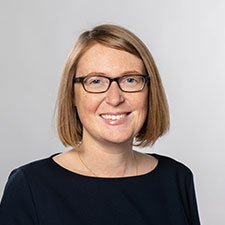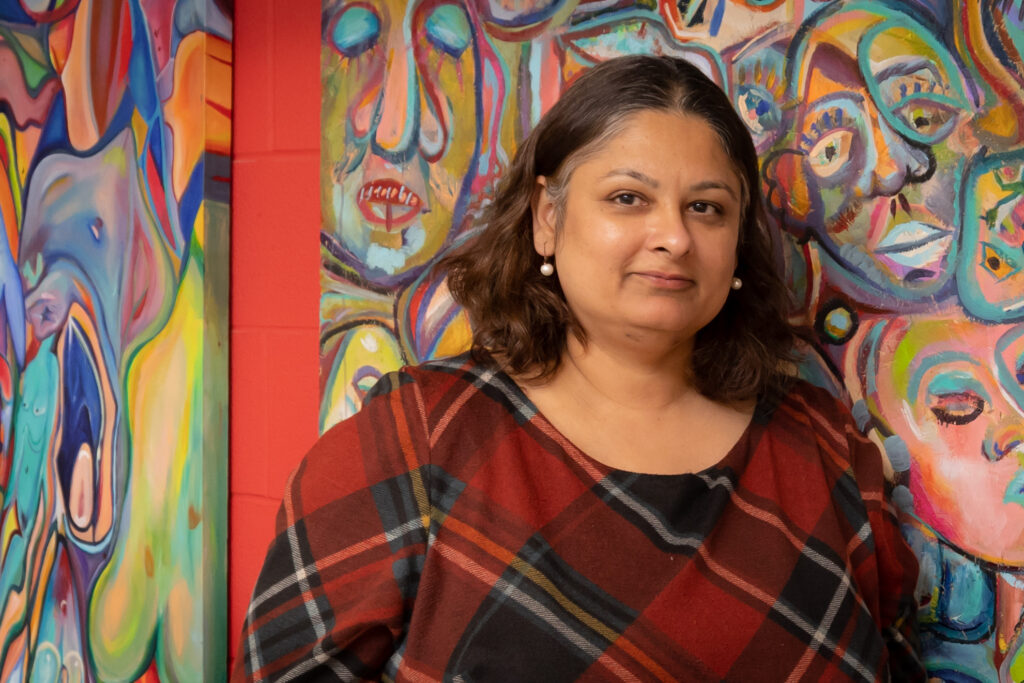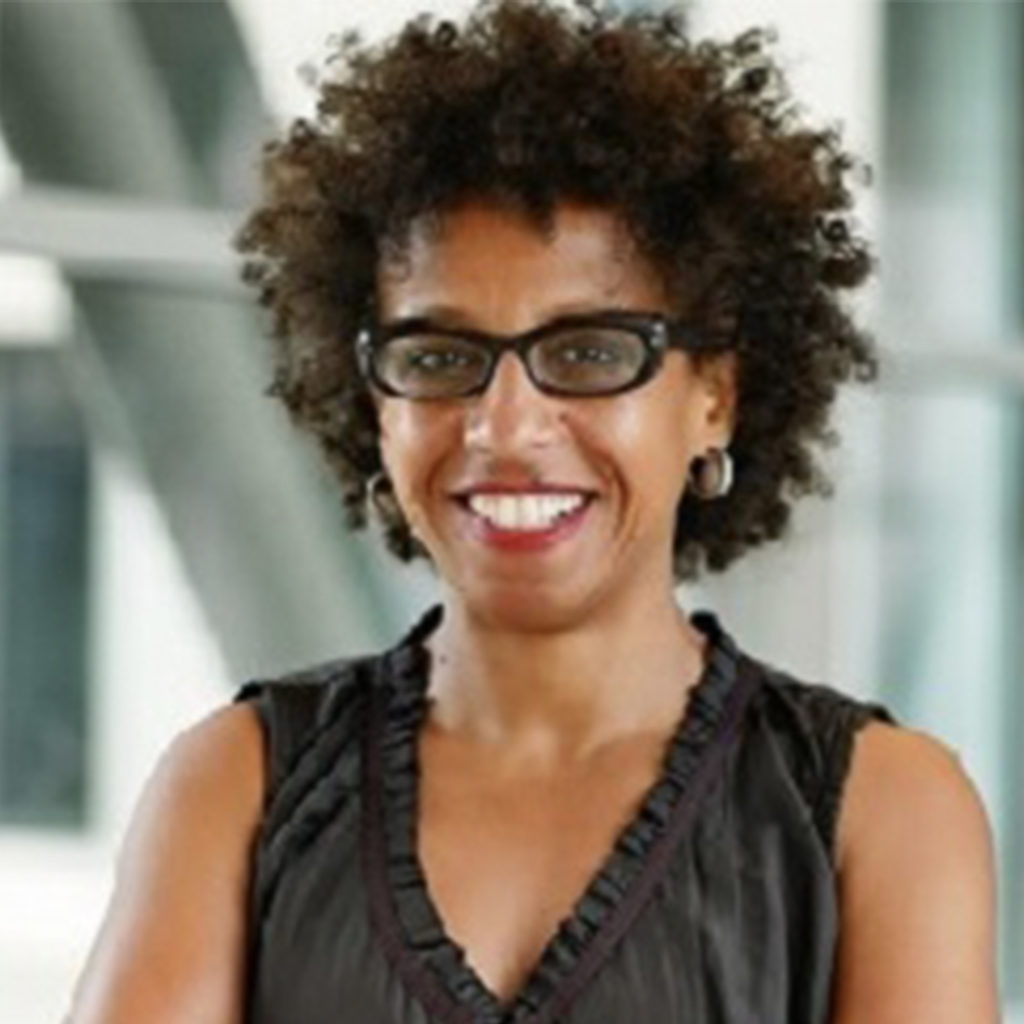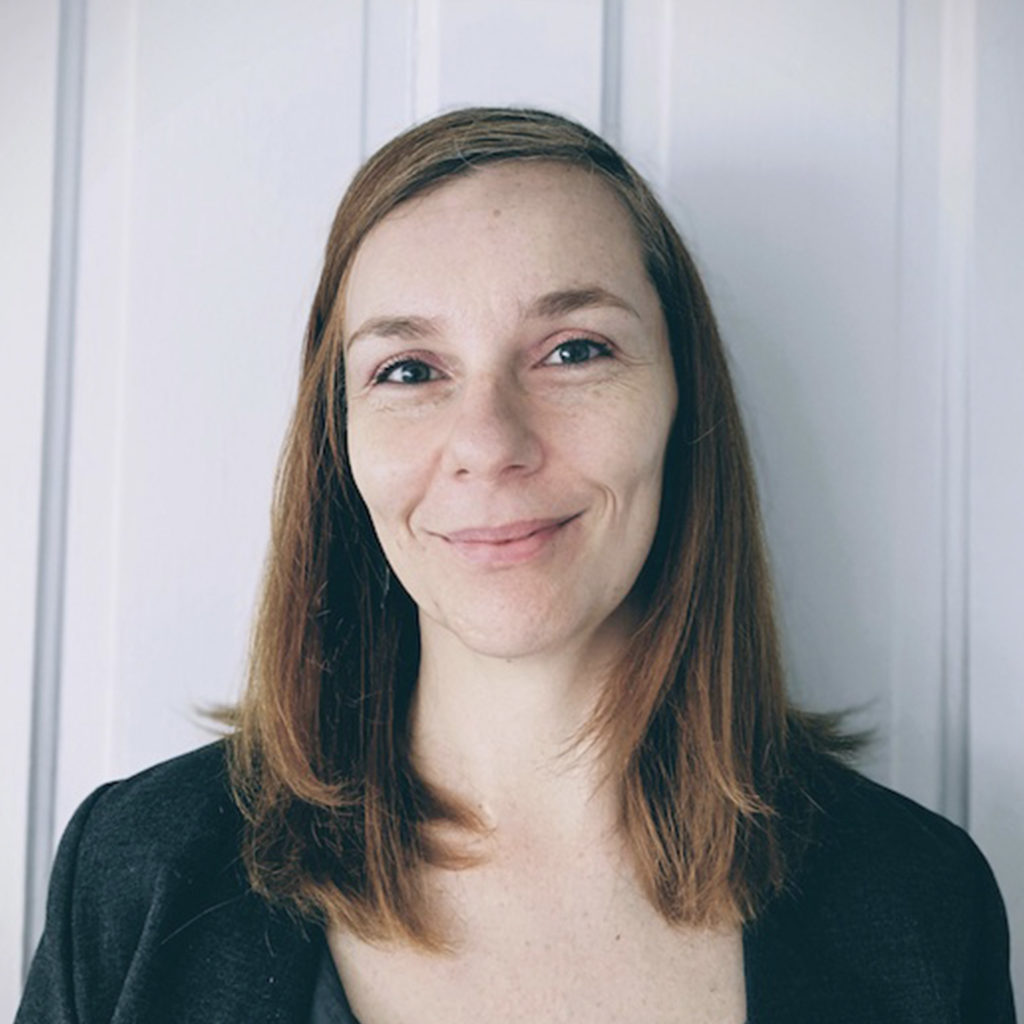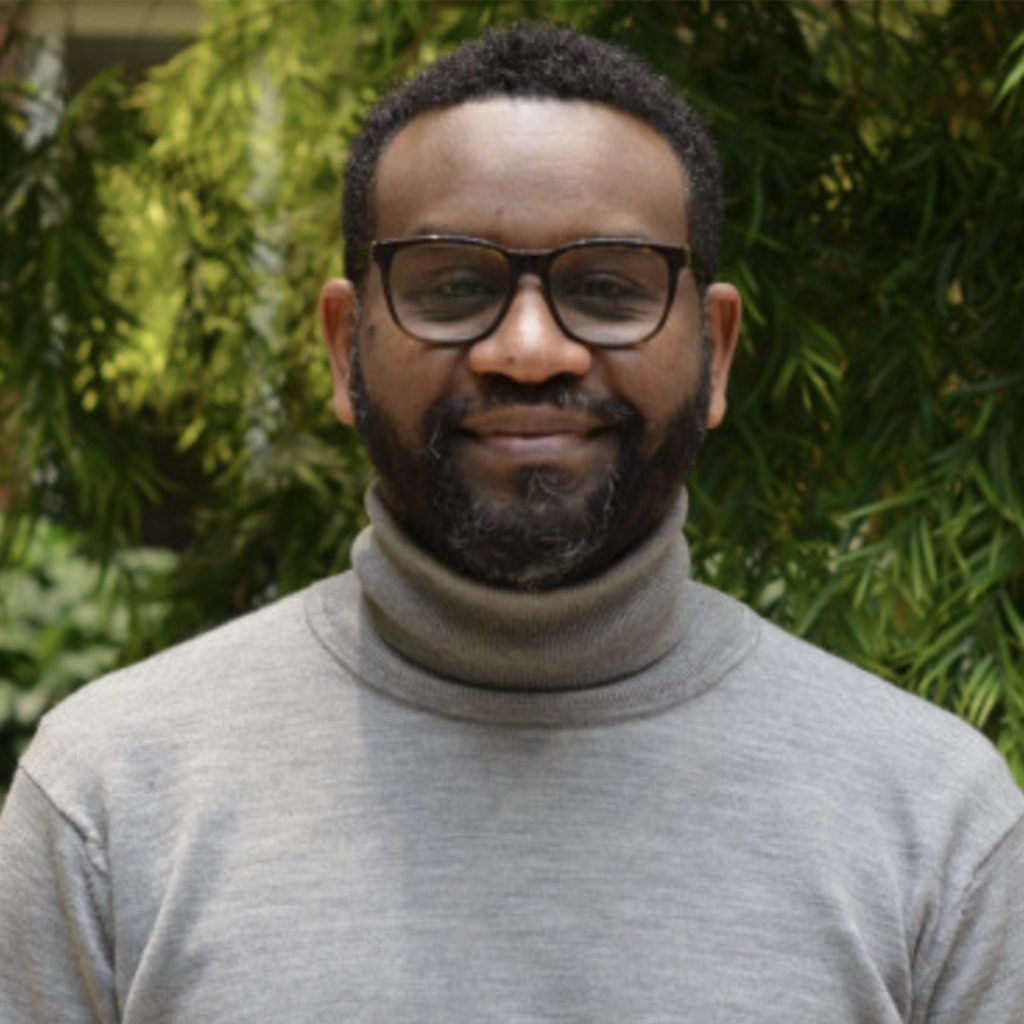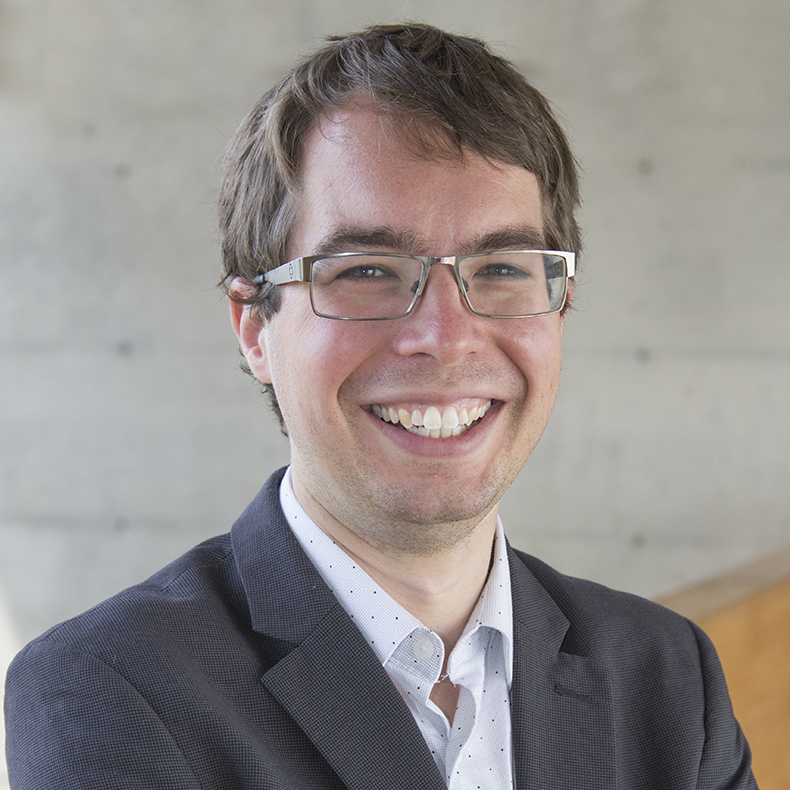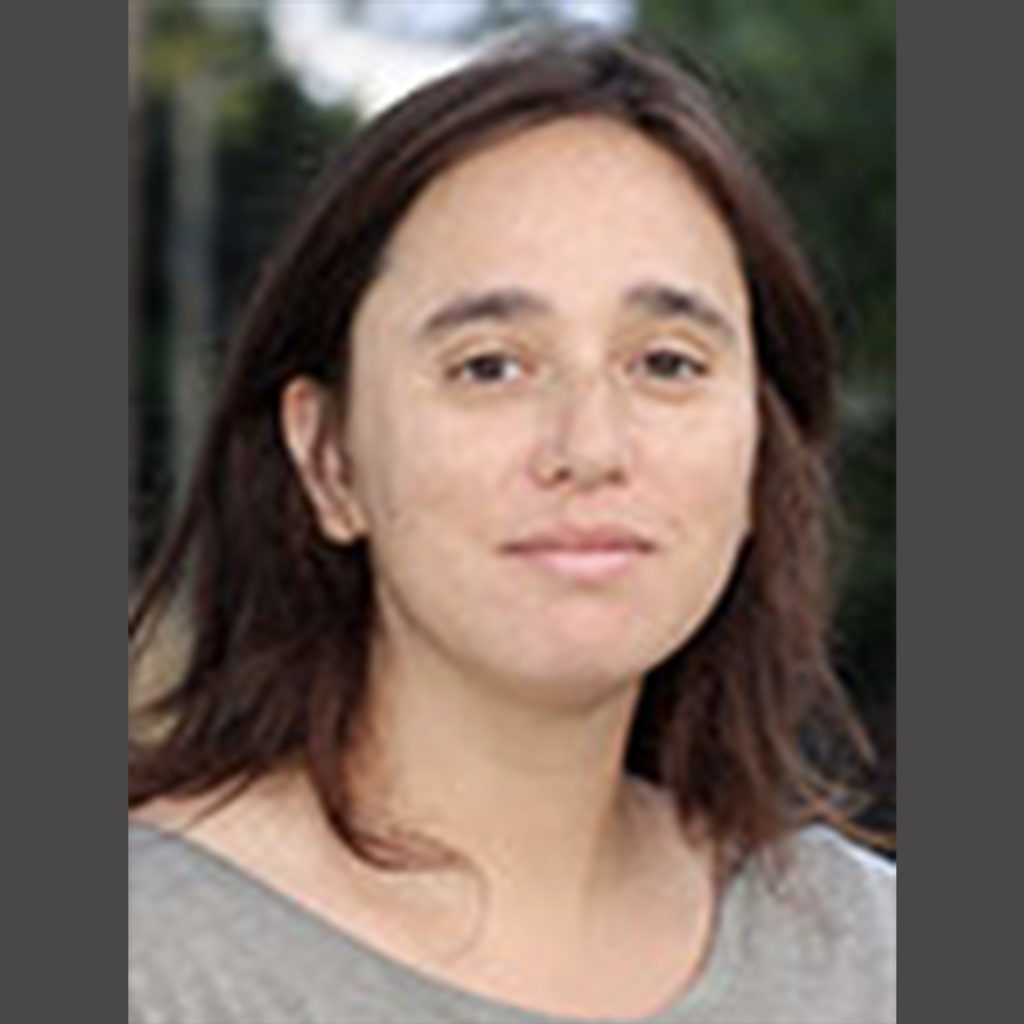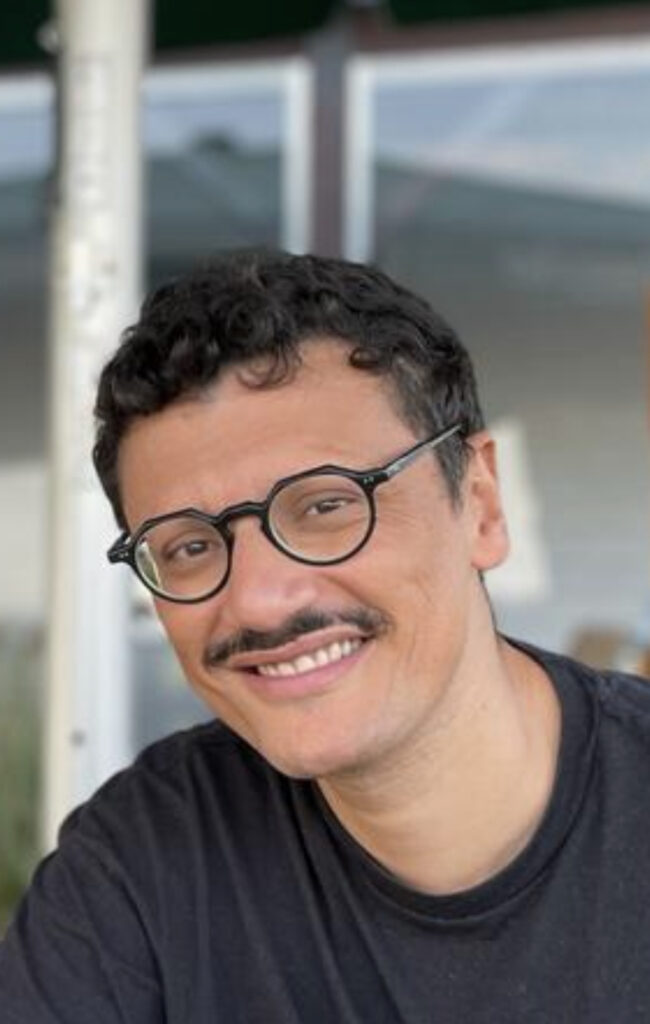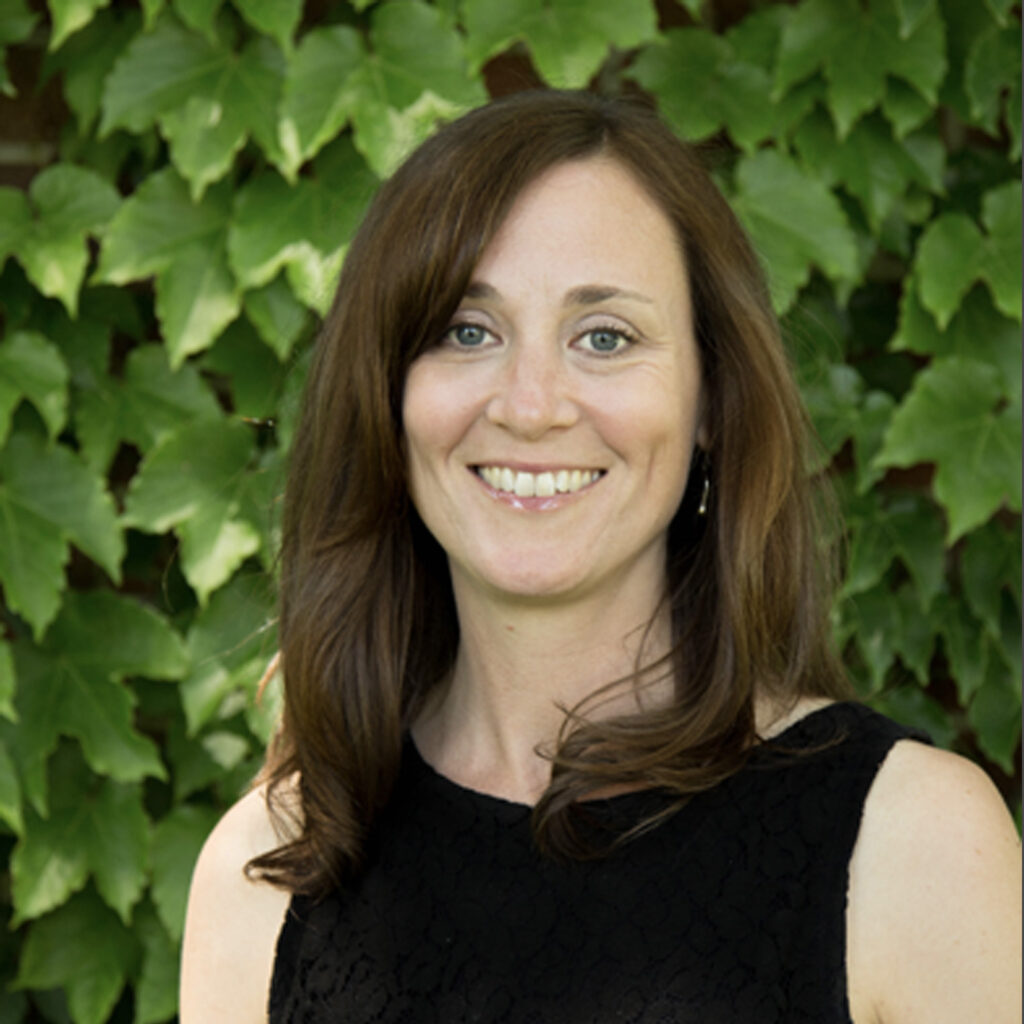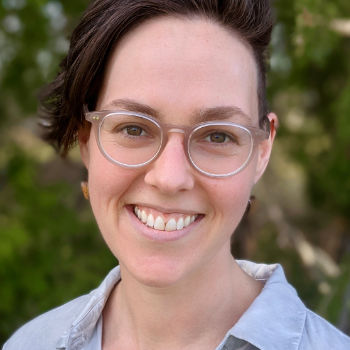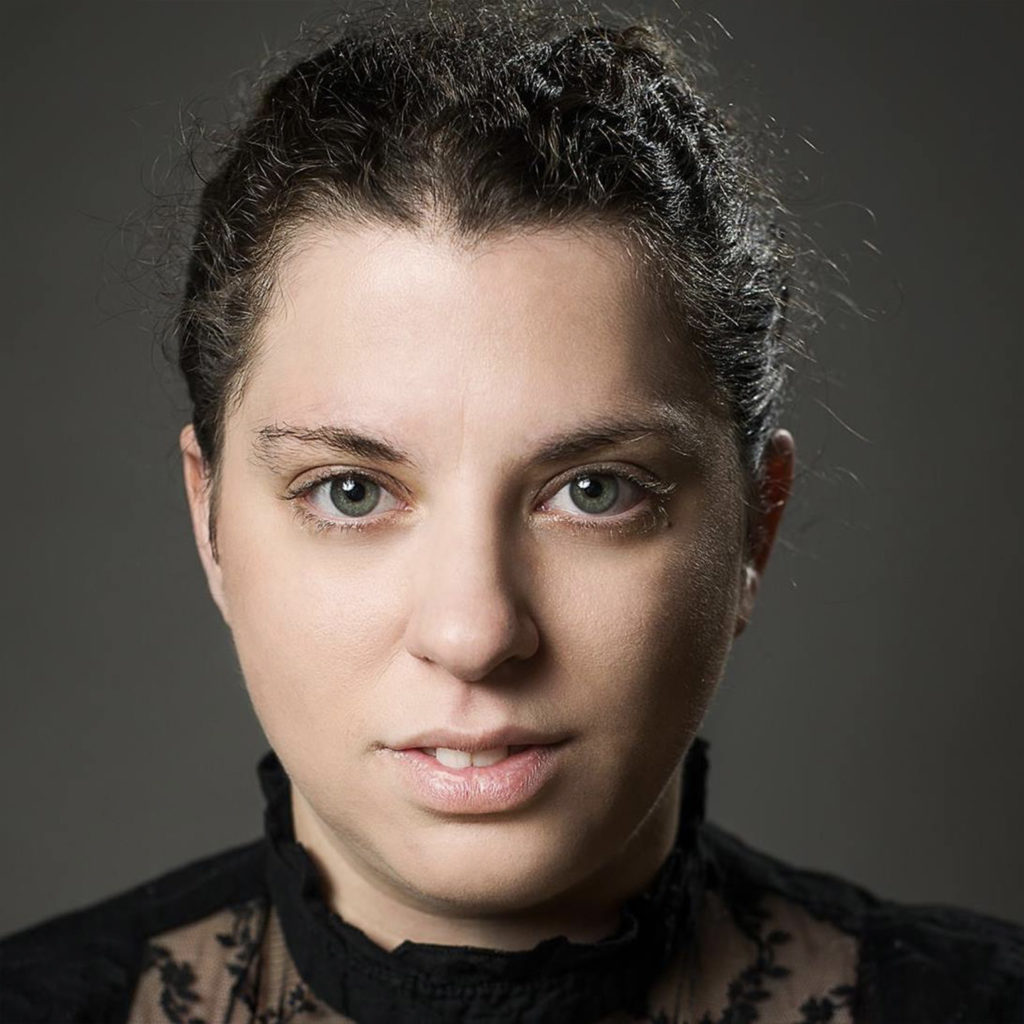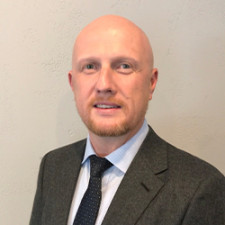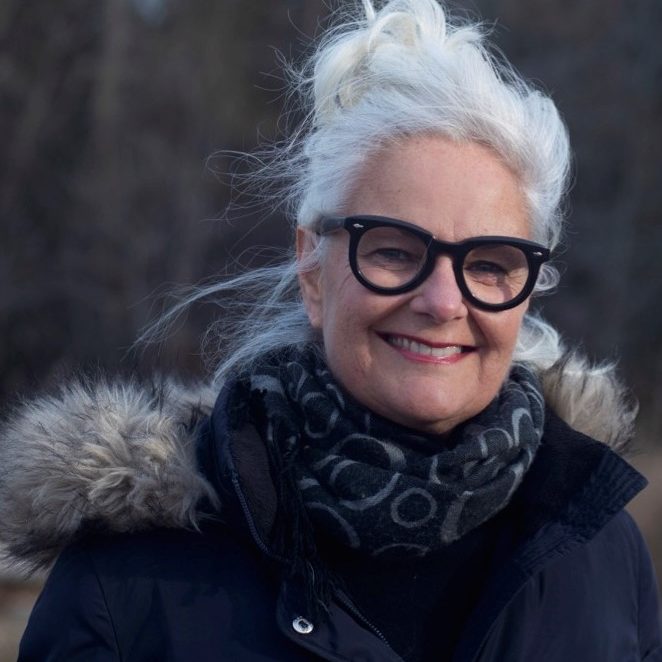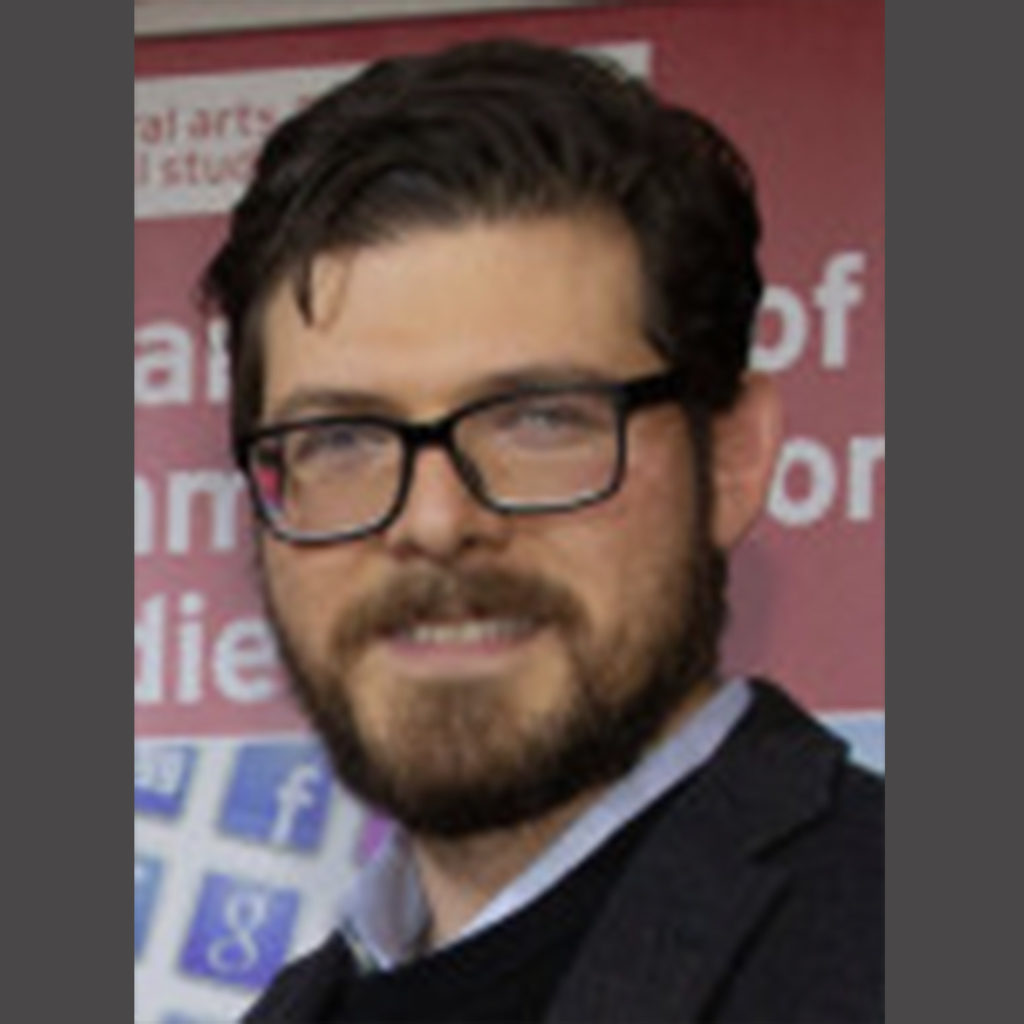There is an enormous amount of interest in the implications of emerging technoscience, whether it is algorithmic systems, biotechnologies, low-carbon technologies, or environmental services. Technoscience is not neutral, and this Thematic Cluster will focus on the social inequities that come with new technoscience and ways to resolve these injustices.
Thematic Cluster Lead: Professor Melanie Baljko
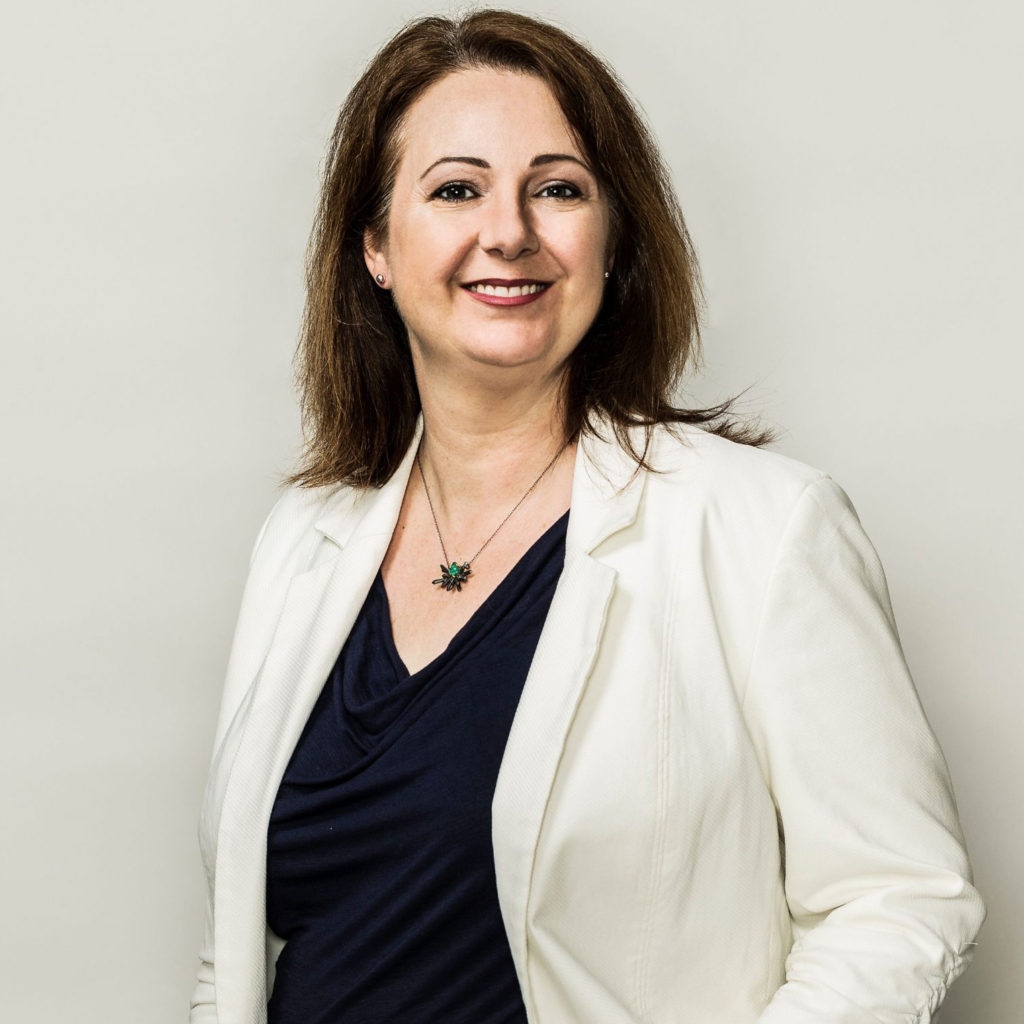
Dr. Melanie Baljko is an Associate Professor in the Department of Electrical Engineering and Computer Science in Lassonde School of Engineering at York University. She is the director of Practices in Enabling Technologies (PiET) Lab. Her research interest includes human-centered Dr Melanie Baljko is the director of the Practices in Enabling Technologies (PiET) lab at York University, where she directs a transdisciplinary program of research to create and mobilize knowledge about the creation, development, and consequences of digital media/technology in its social contexts, with a particular focus on the diversity of bodies and minds and the just exercise of power. Her projects employ hybrid research-design approaches, including Research through Design (RtD), co-design, and software and interactive device design. She is a member of the graduate program in Science and Technology Studies, with a primary appointment as associate professor in the Department of Electrical Engineering and Computer Science at York University, and graduate appointments in Digital Media and Critical Disability Studies.
Members:

Graduate Fellow
Fenella Amarasinghe is a PhD Candidate in the Faculty of Education,York University. Her research considers the ways that ethics as an attentive relationship to the human and more-than-human world is pedagogically-culturally constituted in engineering education. In addition, Fenella works with Dr. Jeff Harris on a cross-institutional study with colleagues from the University of Manitoba, Waterloo, and Memorial University, investigating the Tech Stewardship Practice Program launched by Engineering Change Lab and MaRS Discovery District. As well, she is collaborating with Dr. Alpha Abebe at McMaster University to investigate students' perspectives on generative AI technologies and higher education.
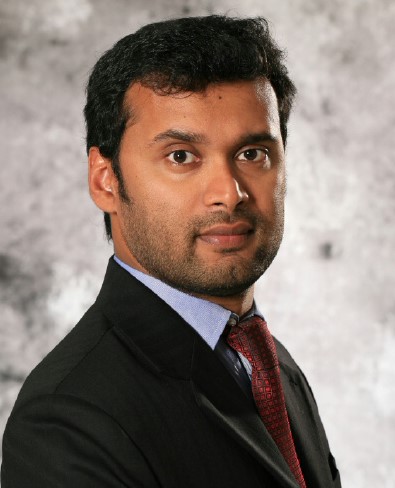
Graduate Fellow
Arvind Babajee, is a finance professional with a specialisation in Finance and Tech. He also advises clients on international corporate affairs.
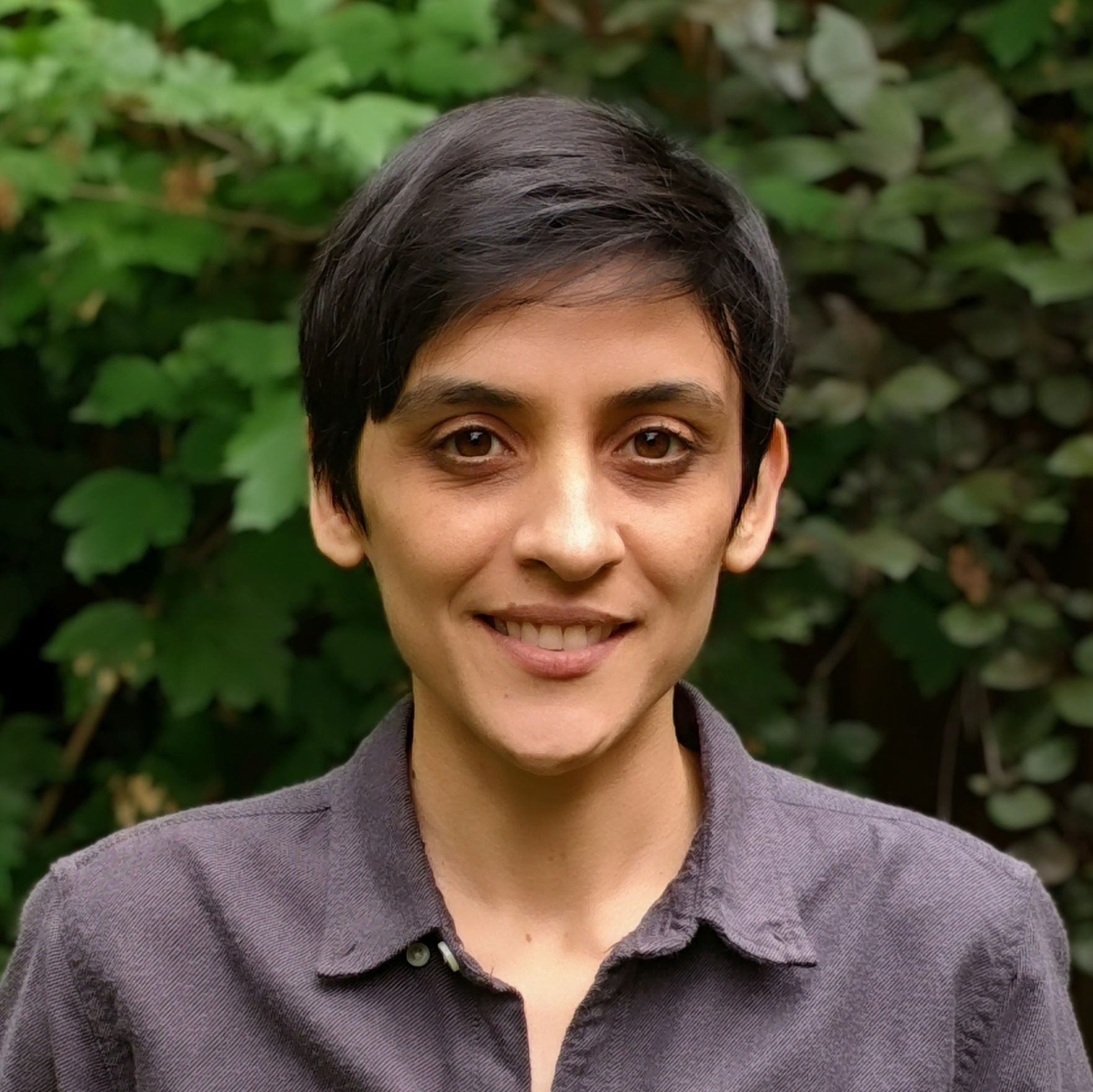
Graduate Fellow
Guita Banan is a PhD student in the Science and Technology Studies program at York University. She studies history of neuroscience and neurobiological conceptions of humanness through the lens of Feminist STS and Black Studies. The focus of her PhD research is early clinical neurology in the late 19th century United States within the racial context of post-slavery. She aims to understand the entanglements between the emergence of a field concerned with studying bodyminds and the racial shifts and continuations that worked to preserve a privileged and overrepresented category of “human,” as well as implications for contemporary (neuro)ethical discourses.
Dr. Sarah Blacker is a Sessional Assistant Professor in the Department of Social Science at York University. Her current book project, Warding off Disease: Racialization and Health in Settler Colonial Canada, investigates the relationship between biomedical pronouncements on race and their social repercussions, including ongoing colonial and systemic racist practices.

Guilherme Cavalcante Silva
Graduate Fellow
Guilherme Cavalcante Silva is a PhD Candidate in the Graduate Program in Science and Technology Studies at York University. His research interests cover the topics of AI governance, science and technology policy, and Latin American STS. His PhD dissertation investigates how notions of socioeconomic development and Brazil's position in the global AI scene are constituted and how they circulate in the country's policy efforts.

Negin Dahya
Associate Fellow
Dr. Negin Dahya is an Associate Professor at the University of Toronto Institute of Communication, Culture, Information and Technology. She also holds a graduate appointments at the Faculty of Information where she teaches graduate courses and supervise graduate students. She studies power, privilege, and oppression in relation to media and technology. Her qualitative research draws on postcolonial and feminist theory and methods. She focuses on sociotechnical theory and analysis of complex social and technical systems, exploring dynamics of power as they play out across difference. Her research is currently focused primarily in the context of refugee camps and refugee resettlement.
Dr. Tesh Dagne holds the Ontario Research Chair in Governing Artificial Intelligence at York University. He earned his Doctorate from the Schulich School of Law at Dalhousie University and served as an Associate Professor at Thompson Rivers University Faculty of Law. He teaches at the School of Public Policy and Administration and Osgoode Hall Law School. His research explores legal, regulatory, and ethical aspects of AI, focusing on innovation and knowledge governance in Indigenous and local communities. He examines how intellectual property, privacy, and data governance rules and norms influence societal outcomes, either perpetuating or mitigating inequities in AI deployment.
Dr. Shital Desai is an Assistant Professor in the School of Arts, Media, Performance & Design. She heads the CFI-funded Social and Technological Systems (SaTS) lab and is York Research Chair in Accessible Interaction Design. Her research and design practice focuses on the UN Sustainable Development Goals of Good Health and Wellbeing, Sustainable Cities and Communities, and Partnerships using design research methods, human-centred design and systems design approaches. Her research and design practice addresses focuses design research methods, human-centred design and systems design approaches. She codesigns accessible technologies, services, and governance policies for healthcare and global health, especially focusing on the experiences and needs of marginalized populations such as older adults, children and people with disabilities.
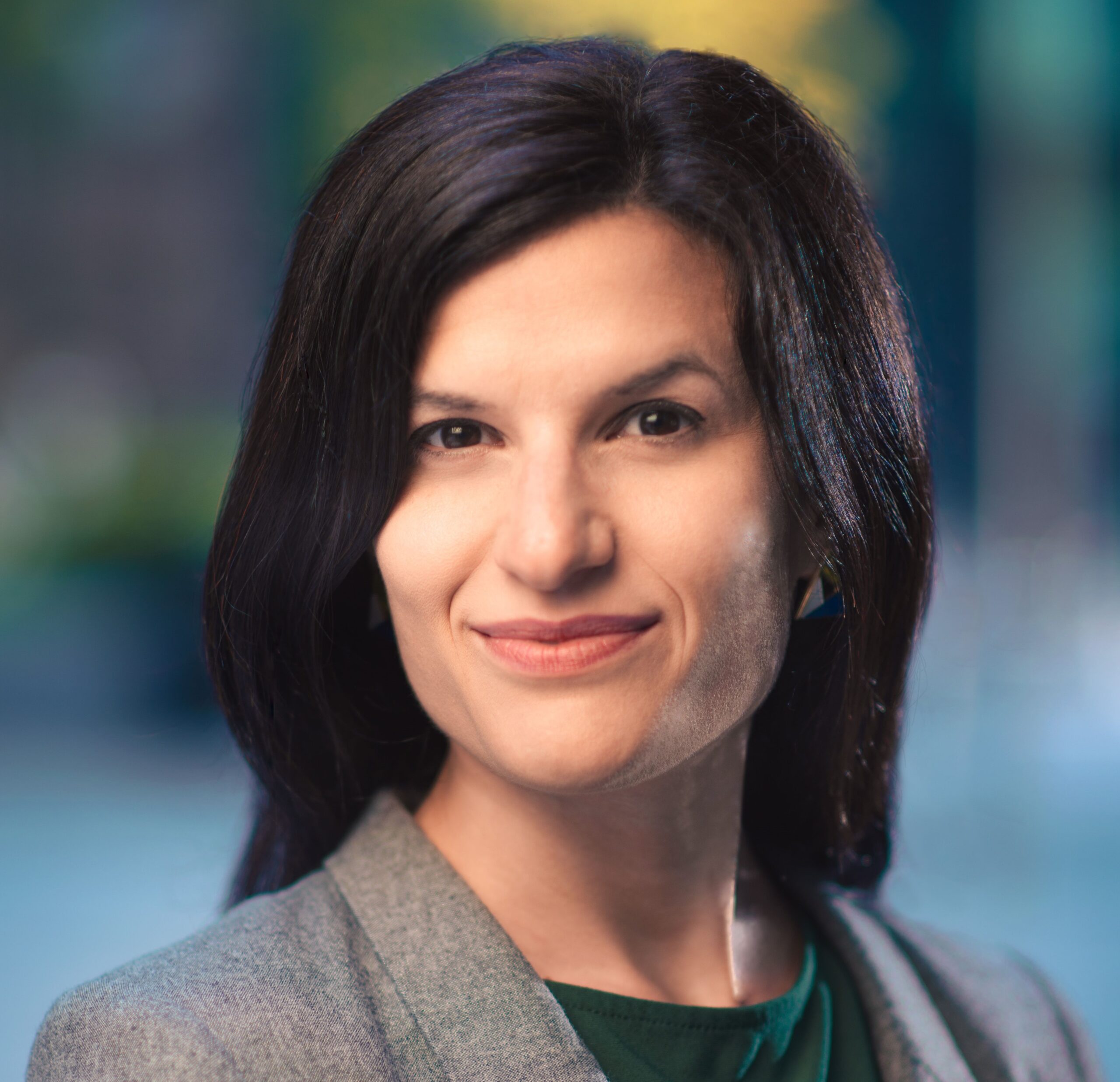
Associate Fellow
I am an experienced ethnographer and an interdisciplinary social scientist specialising in Science and Technology Studies, holding degrees in Social Anthropology (PhD, MSc), Japanese Studies (MSt, MPhil), and Legal Studies (BA). Currently, I am a Wellcome Trust Research Fellow, Chancellor’s Fellow at The University of Edinburgh, and Turing Fellow at The Alan Turing Institute. My work focuses on responsible research and innovation for AI and robotics applications in the health and care sectors. Through my work I aim to enable different stakeholders to become part of the co-production of healthcare technologies to inform and shape innovation together.

Associate Fellow
Dr. Joseph Donia is a postdoctoral fellow at the University of Milan. Drawing on perspectives from Science and Technology Studies (STS), his work addresses the politics of data-intensive health innovation. His doctoral dissertation was a multi-year ‘embedded’ study of a hospital-based AI development team commercializing their technology through a start-up. His current research focuses on the politics of cross-border health data sharing and the moral and material infrastructures they rely upon. Joseph has previously held fellowships at the University of Toronto Joint Centre for Bioethics, Women’s College Hospital, and the Schwartz Reisman Institute for Technology and Society.
Dr. Brandee Easter is an Assistant Professor in the Writing Department at York University. Her research focuses on rhetorical theory, feminist media, and critical code studies.
Dr. Christo El Morr is a Professor of Health Informatics and the Director of the Center of Feminist Research at York University. He is also a Research Scientist at North York General Hospital, Toronto. Dr. El Morr’s research focuses on equity informatics, addressing issues like equity AI (patient readmission, disability advocacy), patient-centered virtual care (chronic disease, mental health), and global health promotion. His intellectual work extends to social justice, defending human dignity and freedom from oppression, exploitation, and alienation. Through poetry and theological insights, he explores themes of solidarity, liberation, and the celebration of life.
Dr. Robert W. Gehl is a Fulbright scholar and award-winning author whose research focuses on contemporary communication technologies. He received his PhD in Cultural Studies from George Mason University in 2010. Before joining York University as an Ontario Research Chair of Digital Governance for Social Justice, he previously held an endowed research chair at Louisiana Tech University. His books include Reverse Engineering Social Media (Temple UP), which won the Nancy Baym Book Award from the Association of Internet Researchers, Weaving the Dark Web (MIT Press), and Social Engineering (MIT Press).
Dr. Alison Harvey is an Associate Professor and Coordinator of the Communications Program at Glendon College, York University. Her research and teaching focuses on issues of inclusivity and accessibility in digital culture, with an emphasis on gender and labour in digital games. She is the author of Gender, Age, and Digital Games in the Domestic Context (2015, Routledge) and Feminist Media Studies (2019, Polity).
Associate Fellow
Dr. Yousif Hassan is an Assistant Professor in the Gerald R. Ford School of Public Policy, University of Michigan, USA. Previously, he was Illinois Distinguished Postdoctoral Fellow and Research Associate in the School of Information Sciences at the University of Illinois Urbana-Champaign, USA, and a research fellow at the Harvard Kennedy School, Harvard University, USA. His research examines the relationship between race, digital technology, and technoscientific capitalism. Dr. Hassan’s work is at the intersection of social and racial justice, and technology policy focusing on the social, economic, and political implications of emerging technologies including artificial intelligence (AI) and data. His most recent project investigates the sociotechnical knowledge production practices of the state, scientists, and the tech industry focusing on the development of AI and its innovation ecosystem across multiple African countries.

Dr. Sileshi Bedasie Hirko is a Postdoctoral Research Fellow affiliated with Faculty of Liberal Arts and Professional Studies at York University. Focused on the governance of emerging digital technologies, his postdoctoral research project explores approaches for inclusive and equitable regulation of AI-enabled health devices in Canadian healthcare. Dr. Sileshi is also an Adjunct Professor at Osgoode Hall Law. He holds a PhD in Law from University of Ottawa, an LLM from Harvard Law School) and another LLM in IP and Competition Law from (MIPLC) (Germany). He has published books & scholarly works in reputable national and international journals.
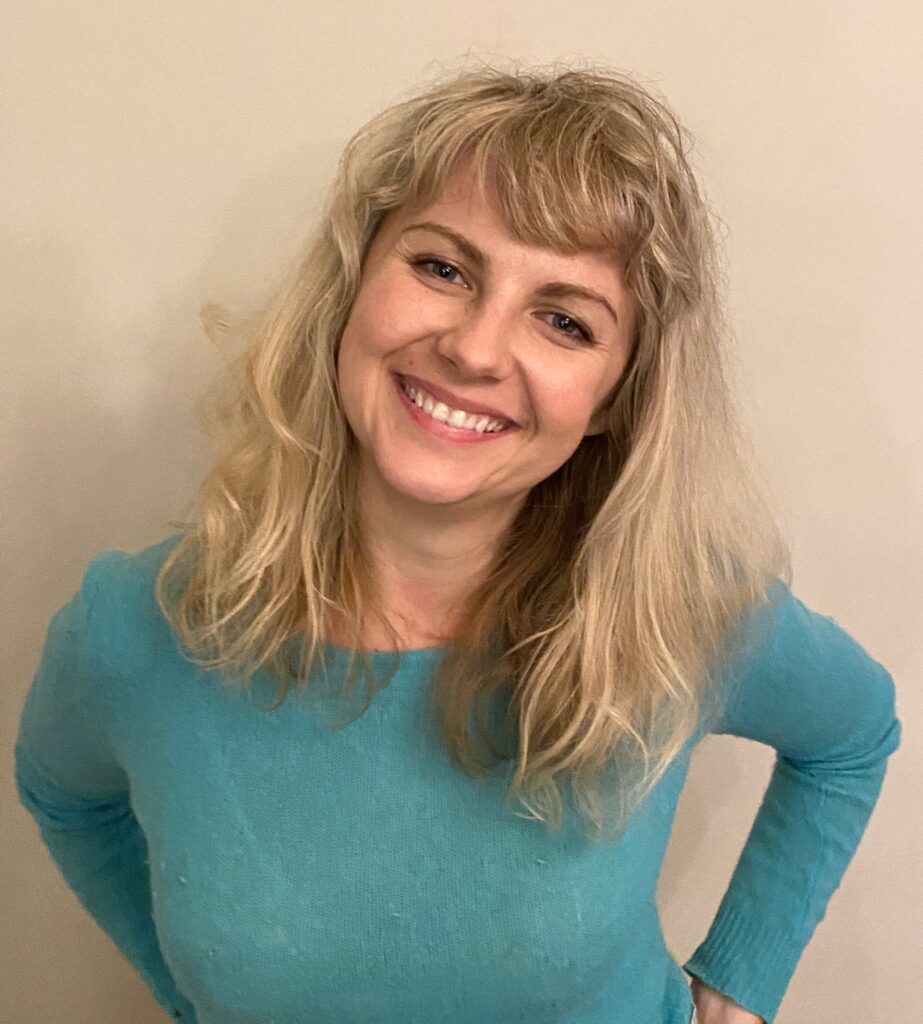
Graduate Fellow
Hana Holubec is a PhD student at York University in the Science and Technology Studies program. Her ongoing research project looks at the programming of humour and laughter into AI and social robotics. She holds an honours undergraduate degree in Psychology and a Master’s degree in Science and Technology Studies. Her research is informed by her experience as a comedy writer and Improv/clown performer and her work as an arts-based instructor within the disability community, with those living with addiction and mental health issues, and with groups and individuals in bereavement and hospice care.
Dr. Eric Kennedy is an Associate Professor of Disaster & Emergency Management at York University, where he teaches on and researches issues related to emergency planning, preparedness, and response. He also serves as Associate Director of York University’s newly-launched Emergency Mitigation, Engagement, Response, and Governance Institute (Y-EMERGE). Dr. Kennedy’s work focuses on decision-making, science advice, policy/governance, and knowledge production in disaster and emergency contexts. He holds a PhD in the Human & Social Dimensions of Science & Technology from Arizona State University, where his dissertation examined the use of science, evidence, and data in the context of wildfire management in Canada. Throughout the COVID-19 pandemic, Dr. Kennedy was principal investigator on a longitudinal project monitoring Canadian attitudes, experiences and adaptations, as well as led an international working group on survey research methodologies in the pandemic context. His ongoing research explores issues related to expert judgement and knowledge synthesis in the context of emergency response.
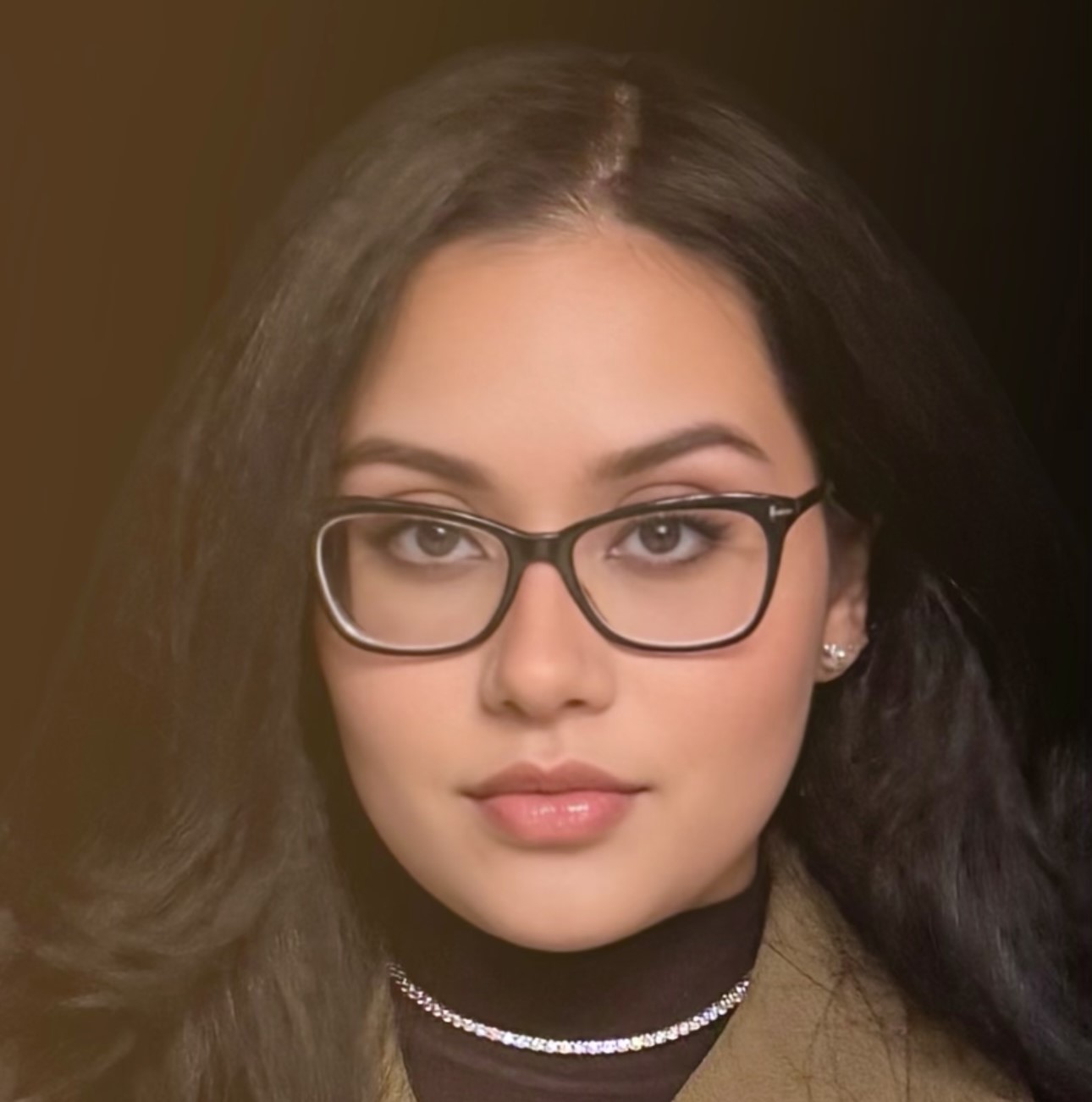
Graduate Fellow
Julianna Kowlessar is a PhD student in the joint Communication & Culture program at York and Toronto Metropolitan Universities. She holds an Honours Bachelor of Science in Psychology, an Honours Bachelor of Arts in Communication Studies, summa cum laude, and an MA in Communication & Culture from York University. Her research centres on the benefits of teaching critical media literacy education in K-12 Canadian classrooms and gamified learning. The research Julianna conducted for her master's thesis explored how Ontario pre-service teachers understood and approached critical media literacy to discover practical and unique methods of teaching it to future students.
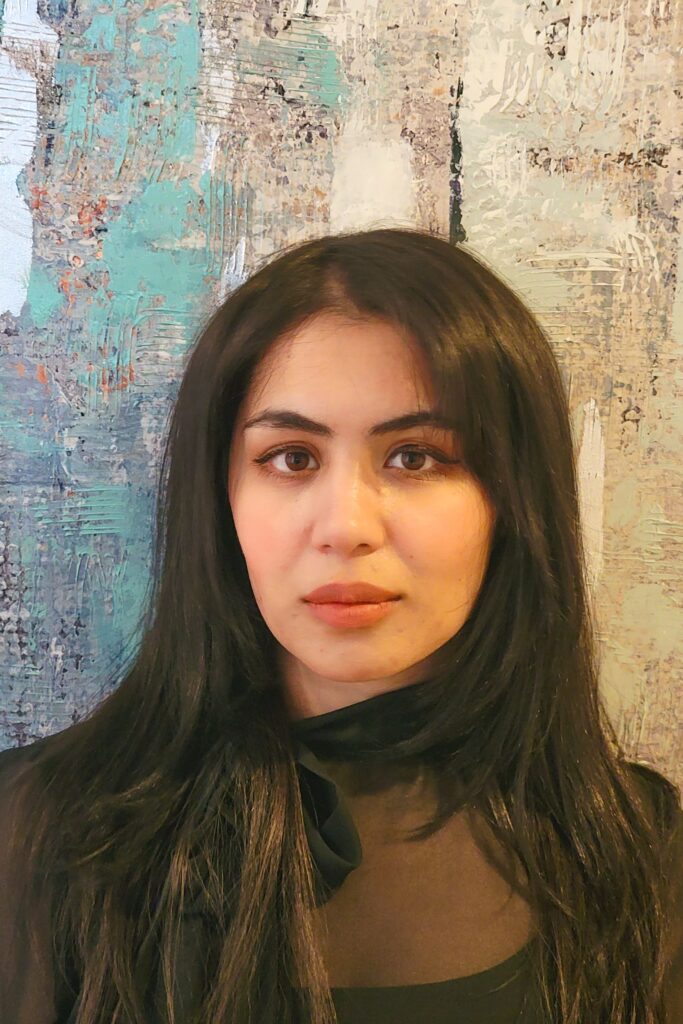
Graduate Fellow
Mishall Lallani (nee Ahmed) is a PhD Candidate in the Department of Politics at York University. Her research focuses on the use and applications of artificial intelligence (AI) and machine learning in North American governance and immigration processes. She is interested in the challenges posed by the proliferation of AI in everyday life, the processes of data abstraction, data imperialism, and the political economy of techno-scientific innovations.
Dr. Ganaele M. Langlois is an Associate Professor in Communication and Media Studies at York University. Ganaele's areas of research include digital technocultures, philosophy of technology, critical theory, and digital methods.
Dr. Nathaniel Laywine is an assistant professor in the Department of Communication and Media Studies. He is an interdisciplinary scholar, who works at the juncture of intercultural communications, critical pedagogy and media studies. Nathaniel's work considers how the increasing mediatization of solidarity work undertaken by student activists offer post-secondary education institutions an opportunity to rethink interventions in the Global South beyond current models of international experiential education. He also writes critically about the inability of chatbots to tell culturally specific jokes and the technocultural assemblages that exist within fitness spaces (like gyms) as potential sites for potential intersubjective learning.

Graduate Fellow
Alexander Martin is a PhD student in the Science and Technology program at York University. Under the supervision of Dr. Robert Gehl, he explores the intersections of AI, ethical social media, and news dissemination in Canada. His research investigates the fediverse as an alternative platform for accessing news amidst legislative changes like the Online Harms Act. Alexander's interests lie in policy intersections, privacy, and economic dynamics shaping Canada's technological landscape. He aspires to foster a Canadian-centric internet that balances innovation with data sovereignty. Through interdisciplinary collaboration, Alexander aims to contribute meaningfully to understanding and addressing socio-technical challenges.

Graduate Fellow
Elif Memis is a doctoral student in the York University Science & Technology Studies graduate program with a BSc (Hons) background in computer and educational technologies. Elif's research interests revolve around social justice and civic engagement, grounded in critical digital literacies and feminist media studies. Her current research analyzes how educational video games inform youths' civic knowledge and democratic behavior in Canada.
Dr. Merouan Mekouar is Associate Professor in the Department of Social Science at York University, Canada. His research examines political and cultural change in North African and Middle Eastern societies, including the adoption of new authoritarian tools after the 2011 Arab Uprisings. His forthcoming Oxford University Press book addresses native scholars' challenges conducting research in repressive and illiberal countries. Dr. Mekouar is also working on an upcoming co-edited volume on utopian responses to datafication and surveillance.
Dr. Jeff Nagy is an Assistant Professor of AI and Critical Data Studies at York University. He is a historian of computing and AI focused on the intersection between AI development, the psy- sciences, and disability. He holds a PhD from Stanford University and was a DISCO Network Postdoctoral Fellow at the University of Michigan from 2022-2024.
Dr. Emilia Nielsen is the author of Disrupting Breast Cancer Narratives: Stories of Rage and Repair (University of Toronto, 2019), which won an Elli Köngäs-Maranda Prize for feminist folklore studies. She is also the author of two noted collections of poetry: Body Work (Signature Editions, 2018), a finalist for a Lambda Literary Award, the League of Canadian Poets’ Pat Lowther Memorial Award, and a winner in the Fred Cogswell Award for Excellence in Poetry; and Surge Narrows (Leaf Press, 2013), a finalist for the Gerald Lampert Memorial Award. She is an Associate Professor in York’s Health and Society Program.
Dr. Mary Ott is an Assistant Professor in the Faculty of Education at York University. Drawing on sociomaterial, posthuman, and complexity orientations, she explores the agency of space, time, and materials in curriculum design and pedagogy. A current focus is on understanding the unintended consequences of technology in teaching and learning. Mary completed her PhD in curriculum studies at Western University with a focus on multiliteracies, and postdoctoral work in health sciences education in the Schulich School of Medicine & Dentistry, Western University. She also holds an appointment as a centre researcher in the Centre for Education Research & Innovation at Western.
Dr. Selçuk Özyurt is an Associate Professor in the Department of Economics at York University. He received his PhD in economics from New York University. His research is primarily centered on alternative dispute resolution in its broadest sense, with a particular emphasis on algorithmic (online) dispute resolution mechanisms. Dr. Özyurt applies market design approach to address failures in dispute resolution. For this purpose, he utilizes tools from game theory, mechanism design, information design, and experimental economics to design efficient, impartial, and fair algorithmic dispute resolution mechanisms that are resilient against manipulation or exploitation by users.
Graduate Fellow
Katelyn Wan Fei Ma is a PhD candidate researching cybercrime in the Graduate Program of Science and Technology Studies at York University, and a contract teaching faculty member at Wilfrid Laurier University where she teaches topical courses related to cybercriminology. Katelyn also works for TD Bank’s North American Fraud Operations as a Manager of Strategic Initiatives, working primarily as a lead in corporate strategic planning and transformational initiatives.
Visit her website for more academic and professional experiences: https://www.katelynwanfeima.com/

Nicholas Palombo
Graduate Fellow
Nicholas Palombo is a Political Science PhD candidate at York University whose interdisciplinary research focuses on the intersection of platform governance, content moderation, and body politics. His work explores how social media platforms shape public discourse, political agency, and identity, with a particular focus on how they regulate content and police marginalized bodies. Nicholas's research contributes to understanding the complexities of digital spaces and their impact on democracy, free speech, and social justice.
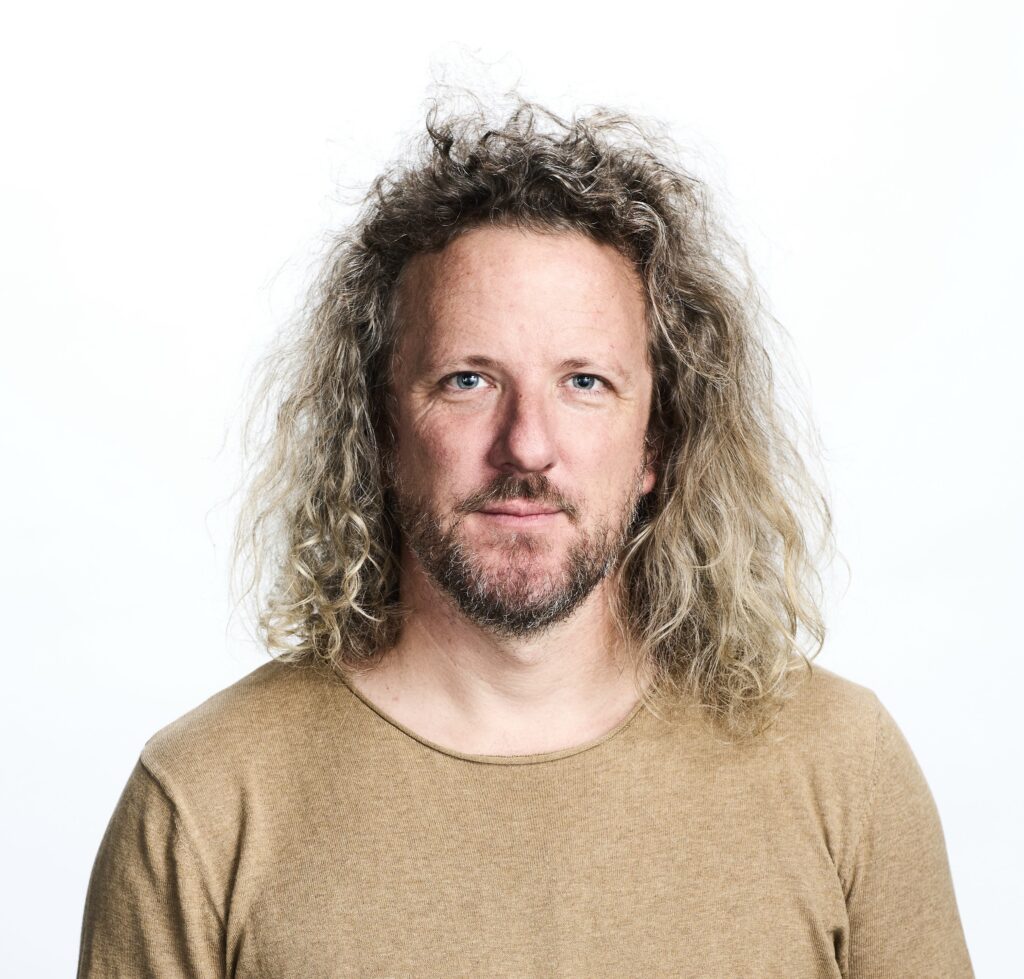
Michael Richardson
Associate Fellow
Michael Richardson is a writer, researcher, and teacher living and working on Gadigal and Bidjigal country in Sydney, Australia. He is an Associate Professor in Media and Culture at UNSW, where he co-directs the Media Futures Hub and the Autonomous Media Lab, and an Associate Investigator with the ARC Centre of Excellence on Automated Decision-Making + Society. His research examines technology, power, witnessing, trauma, and affect in contexts of war, security, and surveillance. His latest book is Nonhuman Witnessing: War, Data, and Ecology after the End of the World (Duke University Press, 2024).
Dr. Joanna Robinson is Associate Professor in the Department of Sociology and the School of Public and International Affairs, Glendon Campus. Her research and teaching interests are in the areas of social movements, climate change, labour and inequality, environmental and social justice. She has published books, journal articles and book chapters on social movements, climate change, environmental politics and labour, including the recently published Routledge Handbook on the Green New Deal. Her work was recognized by the Glendon Principal’s Award for Research.
Dr. Sarah Rotz is an Assistant Professor in the Faculty of Environmental and Urban Change (FEUC). Her research focuses on land, food and environmental systems and justice, and situates political economic processes – such as agri-food industrialization, financialization, and technology – within a lens of settler colonial patriarchy and racial capitalism.
Dr. Yifat Shaik is an Assistant Professor in Computational Arts at York University and an indie game developer whose focus is on creating personal autobiographical work and the use of systems, data, and game mechanics in social interaction and political activism.
My research explores the use of health monitoring apps and wearable technology to protect workers from heat stress in industries like construction and agriculture, as extreme heat events increase due to climate change. I’m investigating who truly benefits from these technologies—workers or corporations—and whether workers have control over their biometric data. I aim to address the ethical dilemmas of how this data is used, questioning if it serves to protect workers or primarily benefits corporate interests.
Dr. sava saheli singh (she/her) is an Assistant Professor of Digital Futures with the Faculty of Education at York University. As an interdisciplinary scholar and filmmaker working at the nexus of education, technology, surveillance, speculative futures, and intersectional marginality, sava has a strong commitment to community-based public scholarship and critical digital literacy. She co-produced the award-winning Screening Surveillance series of four short films, a public education and knowledge translation project that calls attention to the potential human consequences of big data surveillance.
Dr. Ian Stedman is an Assistant Professor in the School of Public Policy and Administration. He is cross-appointed to the graduate programs at Osgoode Hall Law School and in Science and Technology Studies. Being a person who lives with a rare genetic condition, Ian advocates for the rare disease community and has a growing research program focused on technologies and policies driving greater personalization in healthcare. He serves on the Executive of the Canadian Rare Disease Network, as Vice Chair of the CIHR Institute of Genetics' Institute Advisory Board and on the Canadian Drug Agency's Advisory Committee on Rare Disease-based Registries.
Dr. Kate Tilleczek is a Professor who holds the Tier 1 Canada Research Chair in Youth, Education & Global Good in the Faculty of Education at York University. She is an educator, founder (in 2009), and Director of the Young Lives Research Laboratory which employs global, intercultural and interdisciplinary approaches to collaborative research with and for young people and their communities. Professor Tilleczek’s research garners new understanding about the wellbeing of young people and how we might re-design quality education and whole-of-society supports with/by them.
Dr. Özgün E. Topak is an Associate Professor at the Department of Social Science at York University. He is an Associate Editor of Surveillance & Society, and an Executive Committee Member & Resident Scholar at York's Centre for Refugee Studies (CRS). Dr. Topak is an interdisciplinary social scientist interested in topics of surveillance technology, migration, authoritarianism, social theory and human rights.
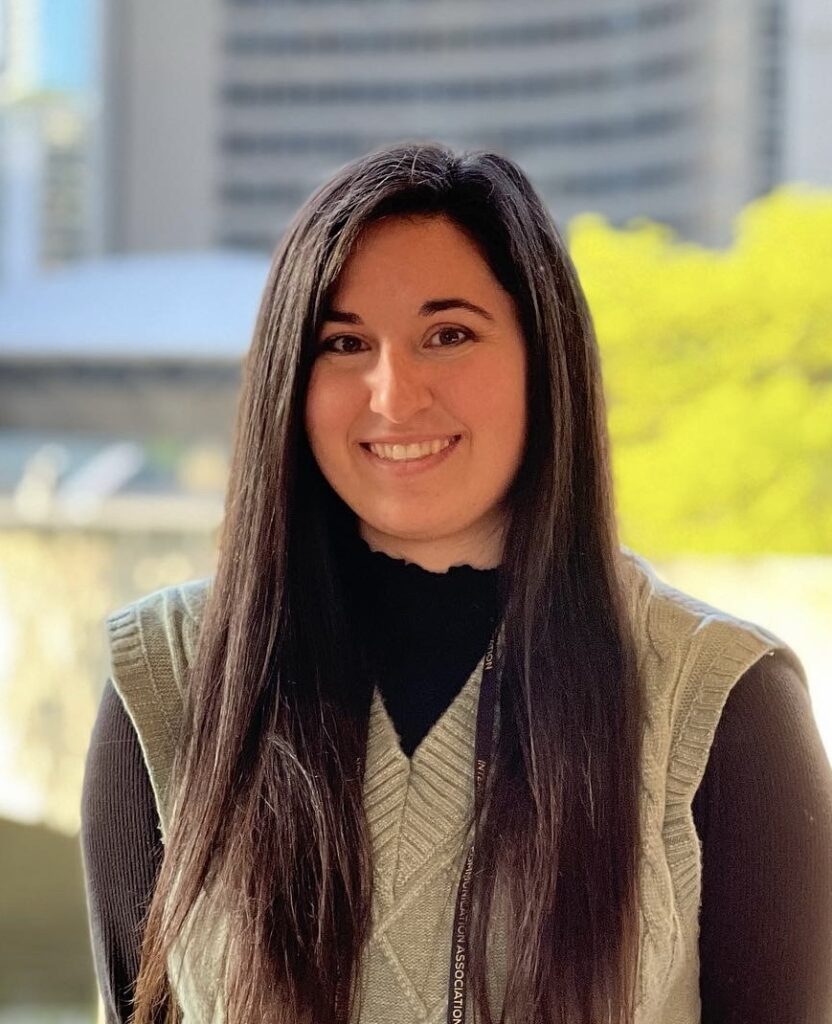
Graduate Fellow
Shelbey Walker is a doctoral student in the Science and Technology Studies Program at York University. Her research interests include the intersection of labour and leisure in digital games, discourse of games by the popular media press, and the sponsorship of digital games and esports. Other interests are exploring workplace culture, technology used by type 1 diabetics, and the experiences of gig workers.

Nicole Toivonen Winchester
Graduate Fellow
Nicole Toivonen Winchester is a PhD student in Science and Technology Studies at York with two decades of experience with evolving digital technologies in media, gaming, and immersive entertainment. By examining Dungeons & Dragons as a sociotechnical assemblage, Nicole’s research explores knowledge production and loss, infrastructures of games as technologies, and processes of platformization. Recipient of an SSHRC CGS Master’s Scholarship, Nicole strives to understand how technologies affect communities and creativity, how we contribute to these processes, and how knowledge is produced, lost and preserved — even when it is ‘just a game.’

